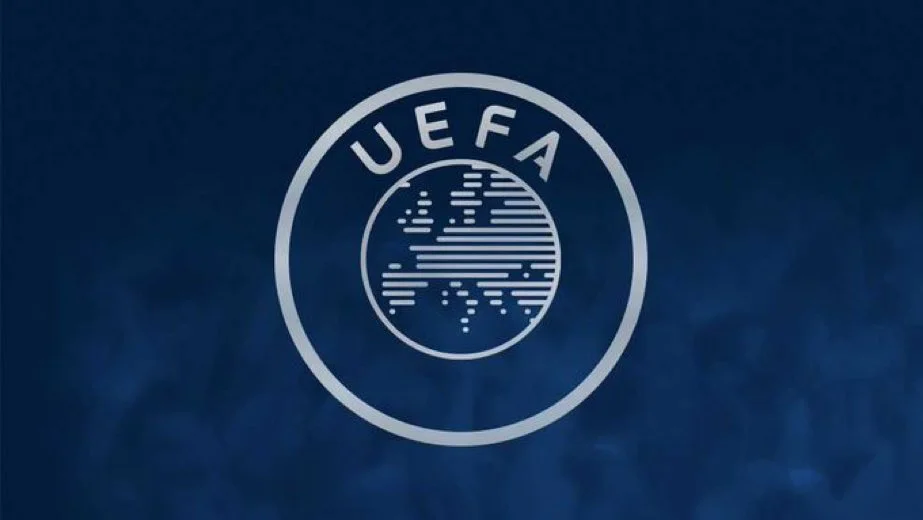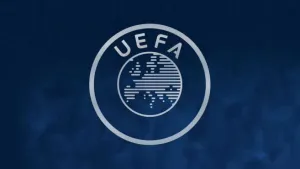UEFA Imposes Fines on Aston Villa, Barcelona, Chelsea, AS Roma, and Lyon for Breaching Financial Fair Play Regulations

In a significant move to enforce financial discipline within European football, UEFA has issued fines to five prominent clubs—Aston Villa, Barcelona, Chelsea, AS Roma, and Lyon—for breaching its Financial Fair Play (FFP) regulations. The fines, announced on July 4, 2025, reflect UEFA’s ongoing commitment to ensuring clubs operate within sustainable financial frameworks. The penalties vary in severity, with Chelsea facing the heaviest fine at €20 million, followed by Barcelona (€15 million), Lyon (€12.5 million), Aston Villa (€11 million), and AS Roma (€3 million).
Breakdown of the Fines
- Chelsea (€20 million): The English Premier League giants were hit with the largest fine among the group, signaling significant breaches in UEFA’s financial regulations. The hefty penalty underscores the scrutiny Chelsea has faced in recent years over their transfer spending and financial management.
- Barcelona (€15 million): The Spanish powerhouse, no stranger to financial challenges, was fined €15 million. Barcelona’s well-documented struggles with debt and high wage bills likely contributed to their violation of FFP rules.
- Lyon (€12.5 million): The French club received a €12.5 million fine, reflecting breaches that may tie into their efforts to rebuild and compete in Ligue 1 and European competitions.
- Aston Villa (€11 million): The Premier League side, which has been ambitious in the transfer market under new ownership, was fined €11 million. This penalty highlights the challenges of balancing investment in the squad with compliance to UEFA’s financial guidelines.
- AS Roma (€3 million): The Italian club received the smallest fine of €3 million, suggesting a less severe breach compared to the others. Roma’s financial issues have been a topic of discussion in recent seasons, but their penalty is notably lighter.
What Are Financial Fair Play Regulations?
UEFA’s Financial Fair Play rules, introduced in 2011, aim to ensure clubs operate sustainably by limiting losses and encouraging responsible spending. The regulations require clubs to balance their books, ensuring that expenditures on transfers, wages, and other costs do not exceed their revenue over a set period. Breaches can result in fines, transfer bans, or even exclusion from UEFA competitions, such as the Champions League or Europa League.
The fines imposed on these five clubs suggest that UEFA’s Club Financial Control Body (CFCB) identified irregularities in their financial submissions, potentially related to excessive spending, inflated sponsorship deals, or failure to meet break-even requirements. While the exact details of each club’s breach have not been fully disclosed, the penalties reflect UEFA’s determination to hold clubs accountable, regardless of their stature.
Implications for the Clubs
The fines come at a time when European football is grappling with financial challenges, including the lingering effects of the COVID-19 pandemic, rising player wages, and fluctuating transfer markets. For clubs like Chelsea and Barcelona, the fines add to existing pressures, as both have been navigating complex financial landscapes in recent years. Chelsea’s significant penalty may prompt further scrutiny of their transfer strategy, while Barcelona’s fine could complicate their efforts to stabilize their finances.
Lyon and Aston Villa, both of whom have been investing heavily to compete at higher levels, may need to reassess their financial strategies to avoid further sanctions. AS Roma’s relatively modest fine suggests a less severe infraction, but the club will still need to ensure compliance moving forward to avoid escalating penalties.
UEFA’s Stance and Future Outlook
UEFA’s decision to impose these fines reinforces its commitment to enforcing FFP regulations, even as the rules have faced criticism for favoring established clubs and limiting the ability of smaller teams to compete. The governing body has recently introduced squad cost ratio rules, set to replace the current FFP framework, which will limit spending to 85% of a club’s revenue. This transition aims to provide greater flexibility while maintaining financial oversight.
The fines serve as a reminder that UEFA is actively monitoring clubs’ financial activities, with the potential for stricter sanctions in the future. Clubs will need to balance their ambitions on the pitch with financial prudence to avoid further penalties or more severe consequences, such as exclusion from European competitions.
Reactions and Next Steps
While official statements from the clubs are yet to be released, it is expected that some may appeal the fines or negotiate settlement agreements with UEFA to mitigate the financial impact. Fans and analysts alike will be watching closely to see how these clubs adjust their strategies in response to the penalties.
For now, the fines mark a critical moment in UEFA’s ongoing efforts to promote financial sustainability in European football. As the landscape of the sport continues to evolve, clubs must navigate an increasingly complex financial environment to remain competitive while adhering to UEFA’s regulations.







